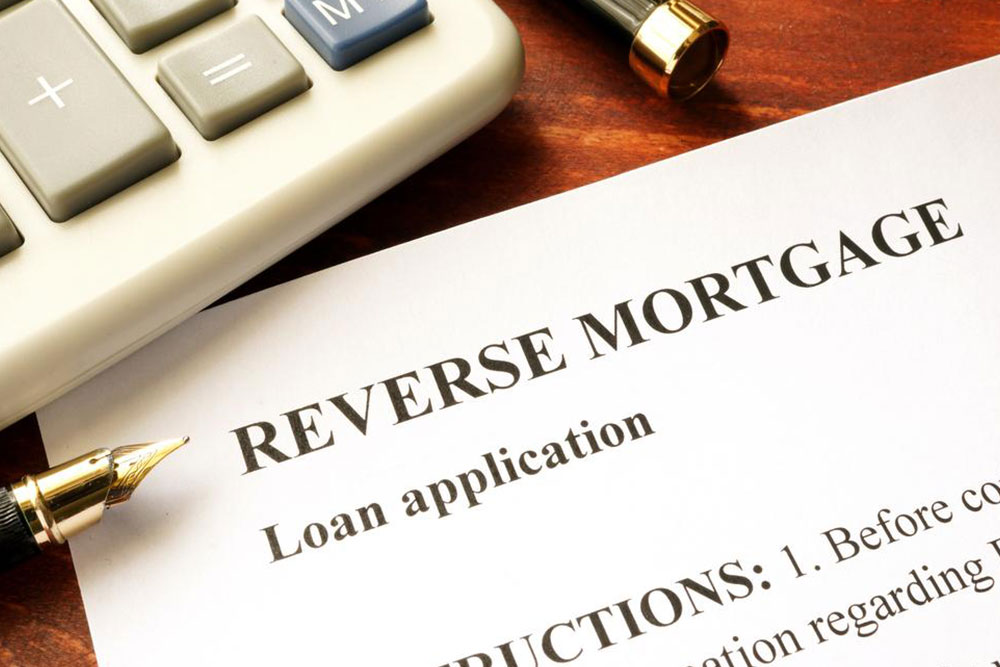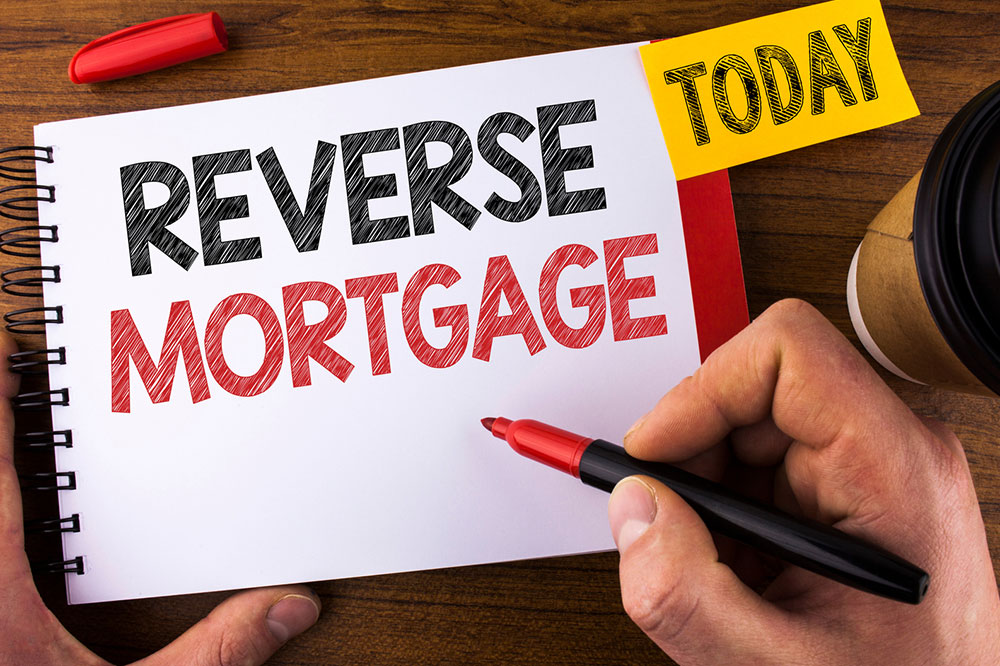Comprehensive Guide to the Pros and Cons of Choosing a 15-Year Home Loan
This comprehensive guide explores the benefits and drawbacks of choosing a 15-year home mortgage. It highlights how shorter loan terms accelerate equity buildup, reduce interest costs, and offer stability, while also considering the higher monthly payments and potential financial risks. Suitable for homebuyers seeking to pay off their mortgage early and maximize long-term savings, this article provides valuable insights to inform your decision-making process.

Comprehensive Guide to the Pros and Cons of Choosing a 15-Year Home Loan
When prospective homeowners are evaluating their mortgage options, a fundamental decision often arises: should they opt for a 15-year or a 30-year home loan? While the allure of lower monthly payments with a 30-year mortgage is compelling, many buyers are increasingly considering the benefits of a 15-year mortgage. This shorter term can offer significant advantages, including accelerated equity accumulation, lower interest costs, and quicker debt elimination. However, it also entails higher monthly payments, which require careful financial planning and assessment of one’s stability and lifestyle. In this comprehensive guide, we will explore the detailed advantages and disadvantages of a 15-year home loan to help you make an informed decision tailored to your financial circumstances and future goals.
Understanding the key benefits of a 15-year mortgage can empower homeowners to maximize their wealth-building potential and enjoy financial peace of mind. Conversely, recognizing the potential drawbacks ensures that prospective buyers are fully aware of the commitments involved. Let’s delve into the advantages first.
Key Benefits of a 15-Year Home Loan:
Stable and Predictable Interest Rates One of the main attractions of fixed-rate mortgages is the consistency they offer. When you choose a 15-year fixed mortgage, your interest rate remains constant throughout the loan term, providing clear visibility into your monthly payments. This stability allows for better financial planning and reduces anxiety about fluctuating rates, especially in a volatile economic environment.
Because of the compressed schedule of a 15-year loan, the monthly payments tend to be significantly higher than those of a 30-year mortgage. This makes it crucial for borrowers to carefully evaluate their financial stability, employment security, and overall lifestyle. It's important to assess whether your current income can comfortably support these higher payments without jeopardizing your financial health. Additionally, short-term loans are perceived as less risky by banks and lenders, resulting in generally lower interest rates—sometimes by a notable margin—compared to longer-term loans. This lower rate translates into substantial savings over the mortgage's lifespan, making a 15-year option highly appealing for disciplined borrowers.
Support from government-backed entities plays a vital role in making 15-year mortgages attractive. Loans insured by the Federal Housing Administration (FHA) or guaranteed by other government agencies often come with reduced costs, including lower fees and mortgage insurance premiums. Borrowers with smaller down payments, lower credit scores, or those seeking more favorable terms are often more successful in securing these loans. These programs are designed to encourage homeownership and make it more accessible for a broader segment of the population. Additionally, choosing a shorter loan duration can lead to lower total interest paid, further enhancing the financial benefits of this mortgage option.
Related: 10 Tips for Securing a Mortgage
Encourages Financial Discipline Opting for a 15-year loan can foster a disciplined savings mindset. The commitment to higher monthly payments motivates homeowners to budget carefully and avoid unnecessary expenses. Over time, this discipline can enable homeowners to allocate more funds toward future financial goals such as saving for children’s education, investing in retirement accounts, or building emergency funds.
Faster Equity Buildup One of the most attractive benefits of a 15-year mortgage is the rapid accumulation of home equity. Since payments are directed toward principal repayment at a faster rate, owners can see their ownership stake in the property grow more quickly. Accelerated equity growth acts as a form of forced savings—since it increases your net worth and offers financial security. This can be particularly advantageous for homeowners planning to sell or refinance in the near future, or those looking to leverage home equity for other investments.
However, despite these benefits, it is equally important to understand the potential limitations and trade-offs associated with a 15-year mortgage. Here are some key disadvantages to consider:
Financial Vulnerability Due to Higher Payments The higher monthly obligation can be a double-edged sword. While it accelerates debt repayment, it also places more significant strain on your monthly budget. In times of fiscal uncertainties—such as job layoffs, health emergencies, or unexpected expenses—these increased payments can become burdensome, possibly leading to financial stress or risk of default.
Reduced Tax Deductibility Since mortgage interest is tax-deductible, shorter loan terms generally mean less interest paid over the life of the loan. Consequently, borrowers may see diminished tax benefits compared to longer-term mortgages where interest payments are higher in the early years. This reduced deduction could impact overall tax planning strategies.
Limited Investment Flexibility The funds allocated toward higher monthly mortgage payments could alternatively be invested in stocks, bonds, or retirement accounts, which might produce higher returns over time. For example, if you could earn substantial gains through investments, the opportunity cost of committing to a shorter-term mortgage becomes apparent. Borrowers need to weigh whether paying off their house quickly is more beneficial than leveraging investments for growth.
Stay Updated on Mortgage Market Trends The mortgage landscape is dynamic, with fluctuating interest rates and evolving lending policies. Staying informed through financial news, market updates, and expert advice is essential. Following reputable sources such as Facebook and Twitter for the latest insights can help you adapt your homeownership strategies in response to market changes.
In conclusion, choosing a 15-year home loan is a strategic decision that offers considerable advantages for disciplined, financially secure homeowners who aim to pay off their mortgage rapidly and build equity quickly. While it involves higher monthly costs and some financial risk, the long-term savings and benefits make it an excellent option for many. Conducting a thorough assessment of personal financial stability, future goals, and risk tolerance is crucial when deciding whether a 15-year mortgage aligns with your overall financial plan. Remember, consulting with financial advisors or mortgage specialists can offer personalized guidance tailored to your unique circumstances to optimize your homeownership journey.





